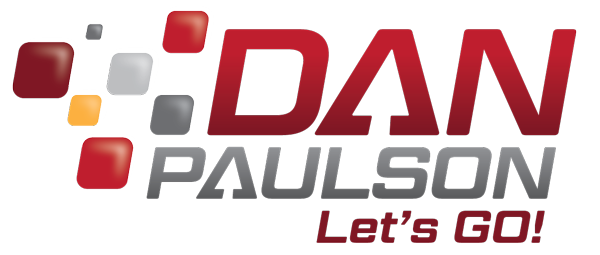Throughout my career, I have been on both sides of the hiring scene. I have dealt with the frustrations of finding a position that best matched my abilities and beliefs, and I also played various roles in hiring at every company I worked for. In either case, I would say the objective was the same: find the right fit.
Today I find myself taking that experience and helping companies do just that, find the right fit. The theme that has repeated itself this year is the desire to have people match the culture they work in. More than one company has asked for help in the hiring process because of bad experiences in the past. Too often the decision to hire is made on technical experience and the decision to fire is a cultural one. Talent matters little when values and beliefs don’t match. It’s a lot like a bad marriage and usually the honeymoon period is much shorter.
So how can companies make better decisions? Whether you are someone seeking a new career, or a business looking at hiring, you need to consider these thoughts. The hiring process in many companies is broken. It’s more about flash and dazzle while answering a rather standardized bank of questions the right way. The internet has plenty of resources available at no cost to help you interview better. If that is not enough, you can pay to have a professional create a resume, or consult you on your interview skills.
Employers play a similar game. The hiring approach is focused on weeding candidates out because they do not exactly match the criteria described in the job ad. On top of that the focus is more about technical aptitude and less about attitude. And I speak from experience when I say it is easier to work with someone who is motivated to do a good job than it is to work with an expert who isn’t motivated at all. Technical skills are easier to teach while it is much more difficult to change behavior.
Here are some things to consider when hiring:
- Before posting a position. Define what will make that new person successful. Do it not only from technical expertise, but from behavioral as well. “Begin with the end in mind,” as Covey would say.
- Ask for more than a cover letter and resume. You want a feel for what this person is like. Ask specific questions related to specific behaviors identified in the first bullet. Get the candidate to share past experiences and outcomes. This will give you a better idea of what they are like.
- Weed out candidates on multiple factors. Understand what level of technical skill you are looking for and weigh that against the scenarios they have shared. Look for a balance between behavior and expertise. Have your list of “need to haves” and “nice to haves.” Avoid compromise on that which you deem critical to the position, and be willing to develop the rest. This list should be down to 3-10 candidates.
- The “pre-interview.” Many companies do this. Have a short interview over the phone. This is to cover experience and discuss the scenarios shared in the correspondence from the interviewee. It may involve a few in depth questions related to the information already provided. You may also choose to ask some warm-up questions to see if this candidate goes on to the next round. After this step, you should be down to no more than four candidates.
- Interviewing. There are no shortage of interview questions available. Most questions focus on hypothetical outcomes. For example, “What would you do if…” The types of questions should focus on past behavior. These are tougher to prepare for and require facts to back them up. The questions you ask again should be a balance of technical experience and behavior/attitude.
- Don’t ask for references. Most people in their right mind will not give you a bad reference. I would recommend gathering contacts identified through the interview process. The can validate information and help you assess its accuracy. Listen for names in the interview process. Seek out those contacts first. They will either validate or clarify what actually happened.
- Assessments. Personality assessment tools can provide valuable information in the hiring process. Instead of using them as an elimination tool, I help leaders use them to define what they will need to develop in the person they bring on. All of us have strengths and weaknesses. How we communicate, react and process information also affect how we do our jobs. Assessments provide a way to help leaders understand the communication style of the individual.
While this list is not complete, nor is it necessarily right for every hiring situation, it can help you make better choices with the staff you will be adding. In the coming days I will dig into these topics a little deeper and would love to hear your experiences and successes with hiring.
